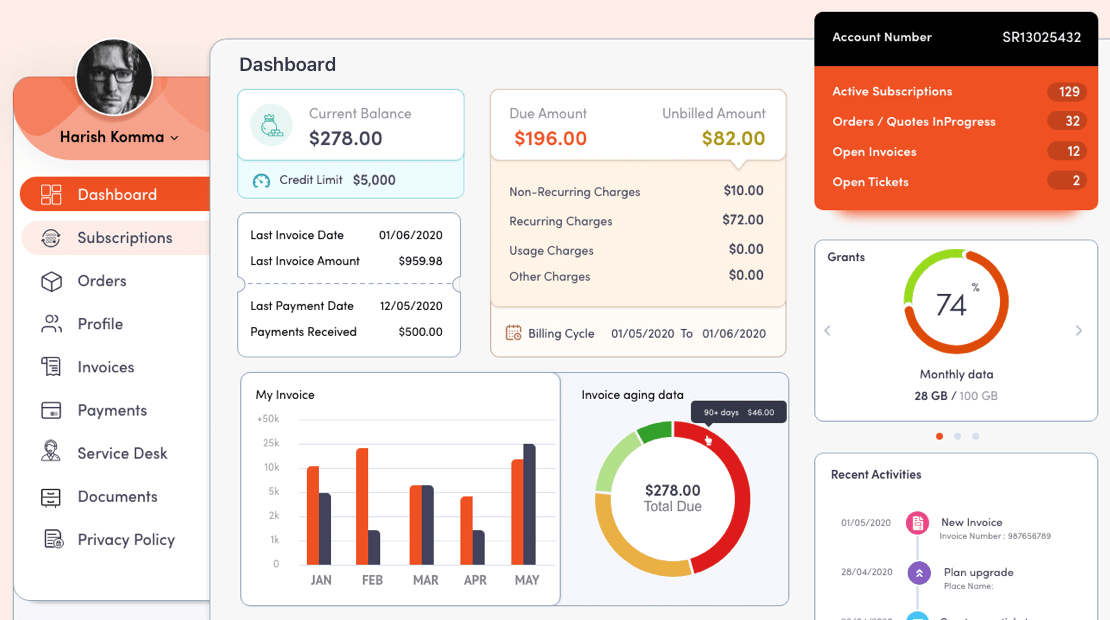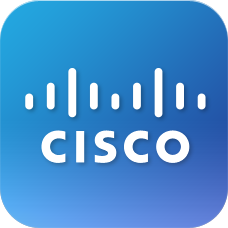One of the frequent potential drawbacks to VoIP cited is that VoIP runs on electricity. But how much electricity do IP Phones and IP PBX boxes use? VoIP is surprisingly green and good for the environment, and frees you up to drive less as well.
The standard for energy measurement is a 100 watt light bulb, which uses 0.1 kilowatt hours (kWh). A laptop uses approx 45 kWh, a large window A/C unit uses 1440, and a modern fridge uses 72. A typical office florescent bulb is 15 or 20 Watts, which work in pairs of two or sets of four. Bearing all that in mind, let’s look at some of the IP phones and how much electricity they use.
Using the standby power as our measurement, the popular Polycom Soundpoint IP 550 uses 4.11 kWh, the Grandstream GXP2020, which runs Android, uses 3.02 kWh, the Cisco IP 7970 uses 5.79 kWh. The snom 360 is the clear winner is that category, using only 1.70 kWh. Snom also makes a pint-size PBX called the snom ONE mini, which uses less than 60 kWh.
One of the advantages of Hosted PBS is that all the necessary components are all clustered in one location, and, what’s more, several subscribers’ machines are all pooled together and scaled as needed. So, even though it takes massive amounts of power to cool a collocation center, the individual footprint is small. The collocation centers have a clear incentive to be energy efficient to keep those cooling costs down. Signalogic is one company that makes chips capable of handling 1,000 calls at once, and the chip itself only uses 23W. Their recommended configuration server only uses 200W, which, to sum up, can handle 1,000 calls at once for the same electricity as keeping two 100W bulbs on every hour.
Another great feature of VoIP is how easy it is to work from home, or to save on traveling. You can save about 45 gallons of gasoline per year by working from home. It takes 173 gallons of fuel to carry a passenger plane from Chicago to Milan and back, compared to just a few kilowatts by using Telepresence.
The incentives are always there for VoIP and other computer-based technologies to run cleaner and greener. The scalability of hosted VoIP, or the choice of using tiny IP PBX boxes on premise, make VoIP a good choice for the environmentally conscious Small and Medium Business.
By: Reuben Yonatan – Writer and VoIP enthusiast at GetVoIP.com




